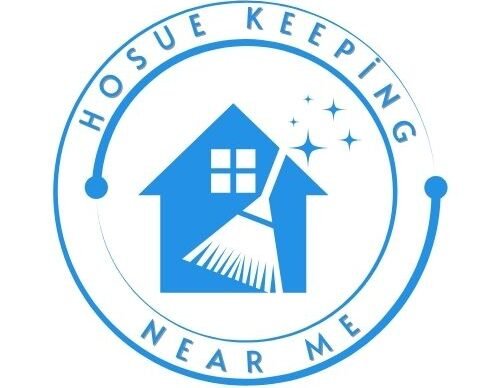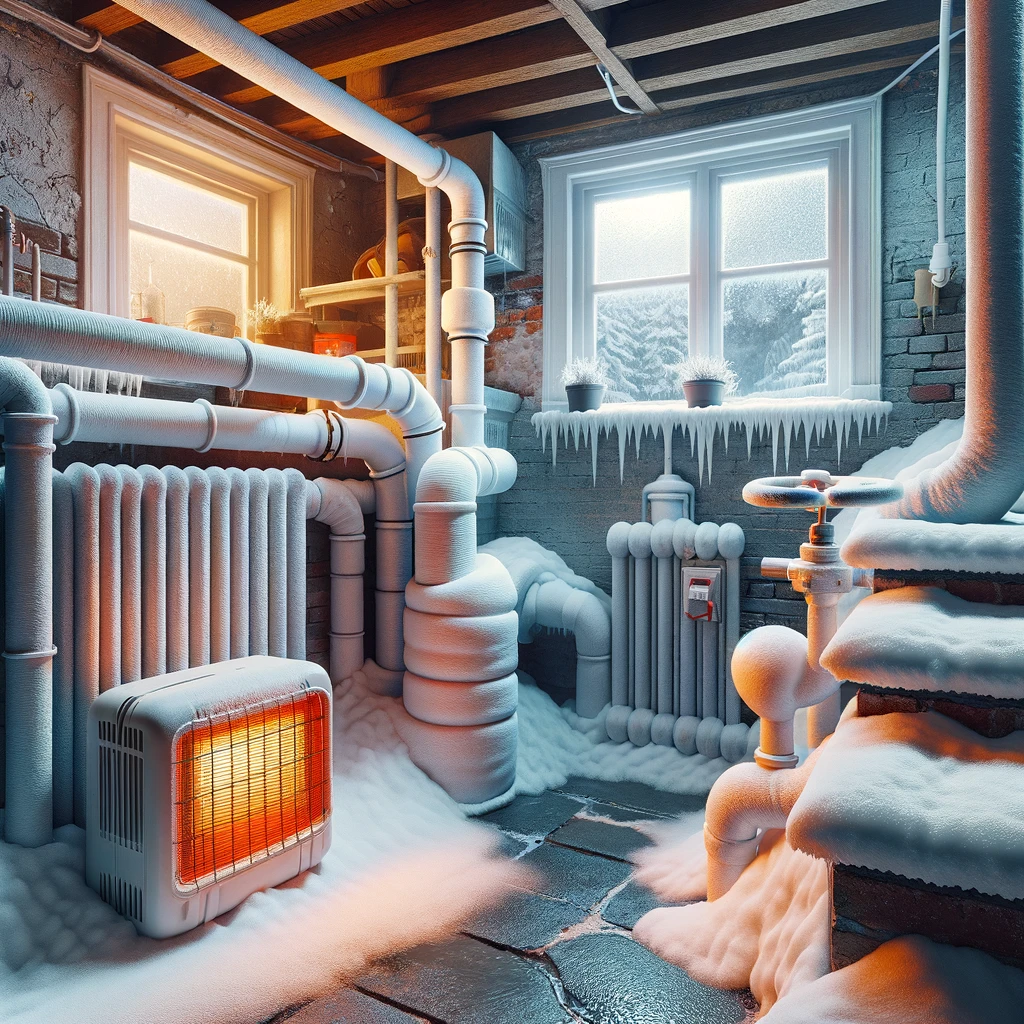Why Vacant Houses Are Susceptible to Frozen Pipes
How to keep pipes from freezing in a vacant house, vacant houses face a high risk of pipe freezing due to a lack of regular maintenance and heating. Without timely inspections and preventive maintenance, even minor issues can escalate, potentially leading to severe water damage. How to keep pipes from freezing in a vacant house effective strategies include monitoring the indoor environment and ensuring that the heating system maintains a minimal warmth to prevent freezing.
Lack of Regular Monitoring and Maintenance
Neglect in monitoring and maintaining the plumbing system in vacant houses significantly increases the likelihood of pipes freezing.How to keep pipes from freezing in a vacant house regularly scheduled inspections and proactive maintenance, such as insulating pipes and sealing leaks, are crucial in preventing this issue. This approach helps in identifying potential problems before they lead to serious damage.
Reduced Heating During Cold Weather
To prevent pipes in vacant houses from freezing, it’s essential to maintain a minimum level of heating.How to keep pipes from freezing in a vacant house keeping the house’s temperature consistently above 55°F ensures that the internal plumbing remains above the freezing point.How to keep pipes from freezing in a vacant house using programmable thermostats can aid in managing house temperatures effectively, even when the property is unoccupied.
Common Problem Areas in Vacant Houses
Pipes located in attics, basements, and near external walls are most susceptible to freezing in vacant houses. These areas often lack adequate insulation, which can lead to rapid temperature drops.How to keep pipes from freezing in a vacant house enhancing insulation, applying heat tape, and ensuring proper air circulation can markedly reduce the risk of freezing in these critical areas.

Why Vacant Houses Are Susceptible to Frozen Pipes
In vacant houses, the absence of regular maintenance can lead to severe issues with freezing pipes.How to keep pipes from freezing in a vacant house ensuring pipes don’t freeze is critical, as the damage can be extensive and costly. Key strategies include:
- Regular Inspections: Schedule monthly checks to ensure pipes are in good condition.
- Maintaining Heat: Keep the thermostat set to at least 55°F to prevent freezing.
- Proper Insulation: Insulate all accessible pipes, particularly those in basements and attics.
Table: Preventive Measures for Vacant Houses
| Action Item | Description |
|---|---|
| Regular Inspections | Check pipes monthly to catch issues early. |
| Maintain Heating | Set thermostat to a minimum of 55°F. |
| Insulate Pipes | Use foam or fiberglass insulators on all exposed pipes. |
Lack of Regular Monitoring and Maintenance
Vacant houses often suffer from a lack of regular maintenance, increasing the risk of pipes freezing.How to keep pipes from freezing in a vacant house implementing a routine maintenance plan can greatly reduce this risk. Essential steps include:
- Drain Water Systems: Before winter, ensure all water is drained from pipes and sprinkler systems.
- Insulate Vulnerable Pipes: Focus on pipes in unheated areas like garages and basements.
- Seal Leaks: Check for drafts near pipes and seal them to prevent cold spots.
Reduced Heating During Cold Weather
Maintaining a minimal level of heating in a vacant house is vital to prevent the water in pipes from freezing. How to keep pipes from freezing in a vacant house here are practical steps:
- Set a Smart Thermostat: Use a smart thermostat to remotely control the temperature.
- Use Timer Switches: Install timer switches to run the heating at critical times.
- Circulate Air: Open interior doors and cabinet doors to allow heat to circulate around plumbing.
Common Problem Areas in Vacant Houses
Identifying and addressing common problem areas can significantly prevent pipe freezing:
- Basements and Crawl Spaces: These areas often have poor insulation and are prone to cold drafts.
- Near Exterior Walls: Pipes near exterior walls require extra insulation to prevent freezing.
- Unheated Rooms: Ensure that all rooms, even if unoccupied, receive some heat circulation.
Checklist: Areas to Insulate in Vacant Houses
- Basements
- Crawl Spaces
- Exterior Walls
- Attics
- Garages
Preventive Measures to Keep Pipes from Freezing
Preventing pipes from freezing is crucial, especially for vacant houses.How to keep pipes from freezing in a vacant house frozen pipes can lead to costly water damage, requiring extensive repairs. Key preventive measures include winterizing the plumbing system, insulating vulnerable pipes, and maintaining a minimal heating level. Regular monitoring also ensures early detection of potential issues.How to keep pipes from freezing in a vacant house by combining these strategies, homeowners can better secure their plumbing systems during winter.
Winterizing the Plumbing System
Winterizing the plumbing system involves preparing the pipes and fixtures to withstand freezing temperatures. How to keep pipes from freezing in a vacant house start by draining all outdoor plumbing systems, including sprinkler systems, garden hoses, and outdoor faucets.How to keep pipes from freezing in a vacant house shut off the main water supply if the house will be vacant for an extended period, and then open all taps to relieve pressure. Applying non-toxic antifreeze to toilets and drains provides additional protection against freezing.
Proper Pipe Insulation Techniques
Proper insulation techniques protect exposed pipes from harsh cold temperatures, particularly in unheated areas like attics and basements.How to keep pipes from freezing in a vacant house insulate all accessible pipes using foam or fiberglass materials.How to keep pipes from freezing in a vacant house heat tape can be wrapped around exposed pipes for additional warmth. Ensure there are no gaps around windows and doors to prevent drafts from reaching pipes, which can cause temperature drops and freezing.
Maintaining Minimal Heating Levels
Maintaining minimal heating levels is essential to keep the temperature inside the house above freezing:
- Set Thermostat: Keep the thermostat set to at least 55°F to ensure pipes remain warm.
- Smart Thermostats: Use smart thermostats to control the temperature remotely.
- Open Cabinet Doors: Leave cabinet doors open to allow warm air to circulate around exposed pipes.
Table: Key Preventive Measures
| Preventive Measure | Description |
|---|---|
| Drain Water | Remove all water from external hoses and faucets. |
| Insulate Pipes | Apply foam or fiberglass insulation to exposed pipes. |
| Heat Tape | Wrap heat tape around pipes in unheated areas. |
| Set Thermostat | Maintain indoor temperatures above 55°F. |
| Seal Gaps | Close all gaps around windows and doors to prevent drafts. |
By carefully implementing these measures, you can minimize the risk of frozen pipes and prevent costly damage.

Using Advanced Solutions for Pipe Protection
Advanced solutions can significantly improve pipe protection in a vacant house, preventing frozen pipes and potential water damage. By leveraging modern technologies like pipe heating cables, smart thermostats, and automatic water shutoff devices, you can proactively safeguard your plumbing system.How to keep pipes from freezing in a vacant house these innovative tools help detect, prevent, and react quickly to freezing threats, ensuring that your property remains secure during winter.
Installing Pipe Heating Cables
Pipe heating cables, or heat tape, are designed to wrap around exposed pipes and maintain a consistent temperature, preventing freezing.How to keep pipes from freezing in a vacant house these cables come with thermostats that automatically activate when the temperature drops below a certain point. When installed on vulnerable pipes in basements, attics, and crawl spaces, they provide an added layer of security.
Utilizing Smart Thermostats and Monitoring Systems
Smart thermostats offer precise temperature control and remote monitoring, keeping your vacant house warm. You can set a minimal temperature for the entire house or specific zones, ensuring pipes don’t freeze.How to keep pipes from freezing in a vacant house monitoring systems complement thermostats by sending alerts if the temperature drops too low, allowing you to take immediate action even if you’re far away.
Adding Automatic Water Shutoff Devices
Automatic water shutoff devices detect leaks or pipe bursts and shut off the water supply to minimize damage. They are particularly useful for vacant houses because they act as a last line of defense.How to keep pipes from freezing in a vacant house with leak detection sensors, they can trigger the main shutoff valve when excess moisture is detected, preventing widespread flooding and costly repairs.
Conducting Regular Inspections and Maintenance
Conducting regular inspections and maintenance is essential to keep pipes from freezing in a vacant house.How to keep pipes from freezing in a vacant house these inspections help identify vulnerabilities, allowing for timely repairs that prevent significant damage. Regular checks should include reviewing all plumbing fixtures, monitoring heating systems, and inspecting pipe insulation.How to keep pipes from freezing in a vacant house this proactive approach ensures any issues are quickly addressed, keeping your property safe during cold weather.
What to Check During Inspections
When performing inspections, focus on specific areas prone to freezing:
- Pipes and Faucets: Check for leaks, cracks, or corrosion on all visible pipes and faucets.
- Insulation: Ensure insulation on pipes in basements and attics is in good condition.
- Heating System: Verify the heating system is functioning correctly and maintaining the desired temperature.
Consistent inspections ensure potential problems are addressed before they escalate.
Identifying and Fixing Vulnerable Areas
Certain areas are more prone to freezing, requiring special attention:
- Basements and Crawl Spaces: These often unheated areas need high-quality pipe insulation.
- Exposed Pipes: Apply extra insulation or heat tape to exposed pipes near exterior walls and windows.
- Outdoor Faucets and Hoses: Drain outdoor systems and cover faucets to prevent freezing.
Addressing these vulnerable areas will prevent significant issues during winter.
Table: Key Areas and Actions for Vulnerability Assessment
| Vulnerable Area | Inspection Focus | Recommended Action |
|---|---|---|
| Basements/Crawl Spaces | Pipe insulation and gaps in walls | Insulate all pipes and seal gaps |
| Exposed Pipes | Cracks, leaks, and corrosion | Apply heat tape or insulation |
| Outdoor Faucets/Hoses | Presence of water, condition of covers | Drain all systems and install protective covers |
Maintaining Communication with a Property Manager
How to keep pipes from freezing in a vacant house maintaining communication with a property manager ensures ongoing protection for your vacant house. A property manager can:
- Schedule Regular Inspections: Arrange frequent inspections to monitor the plumbing system.
- Coordinate Repairs: Quickly coordinate any required repairs to fix vulnerabilities.
- Monitor Heating Systems: Monitor heating systems remotely to ensure consistent operation.
Property managers act as an essential support system, especially if you’re unavailable to inspect the property yourself.

